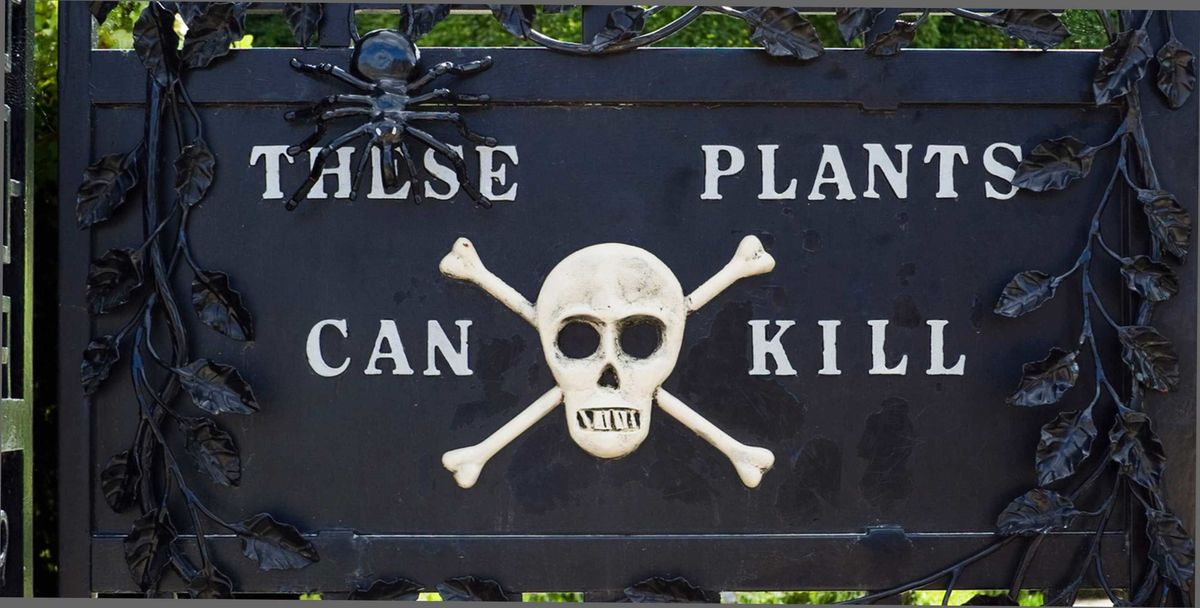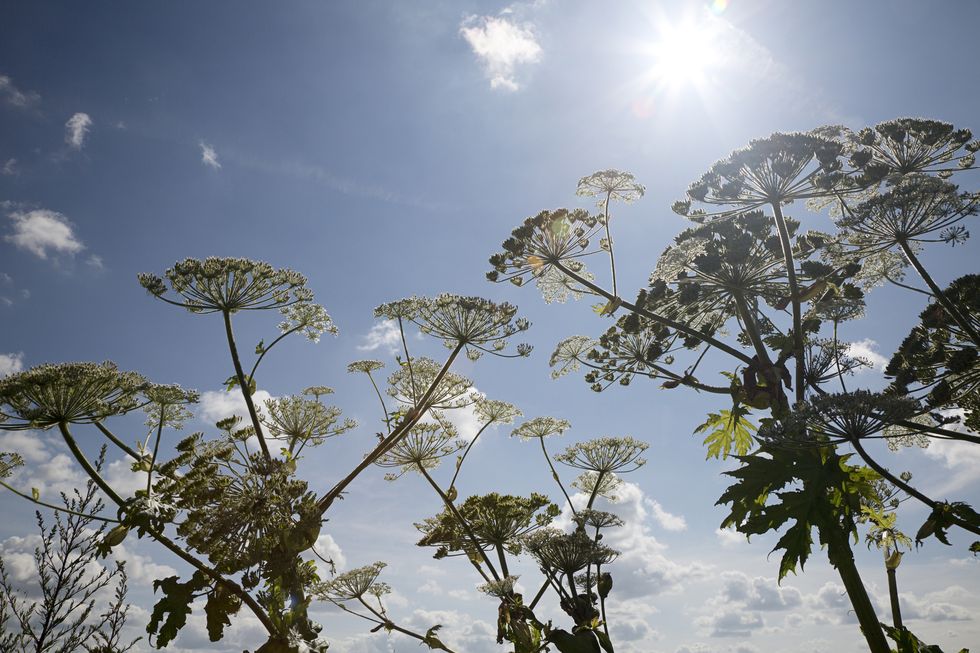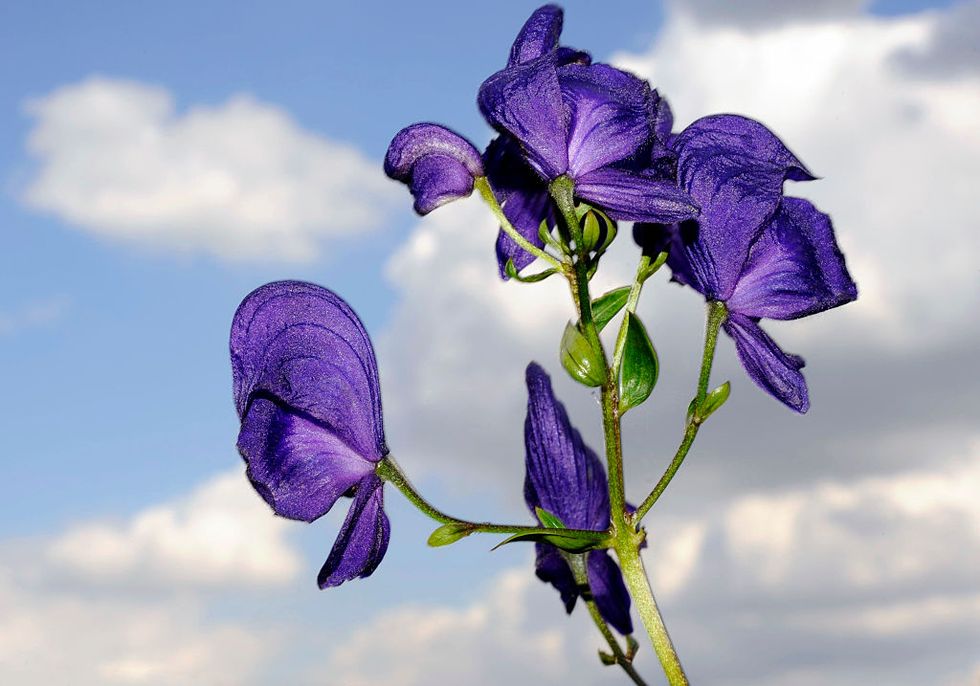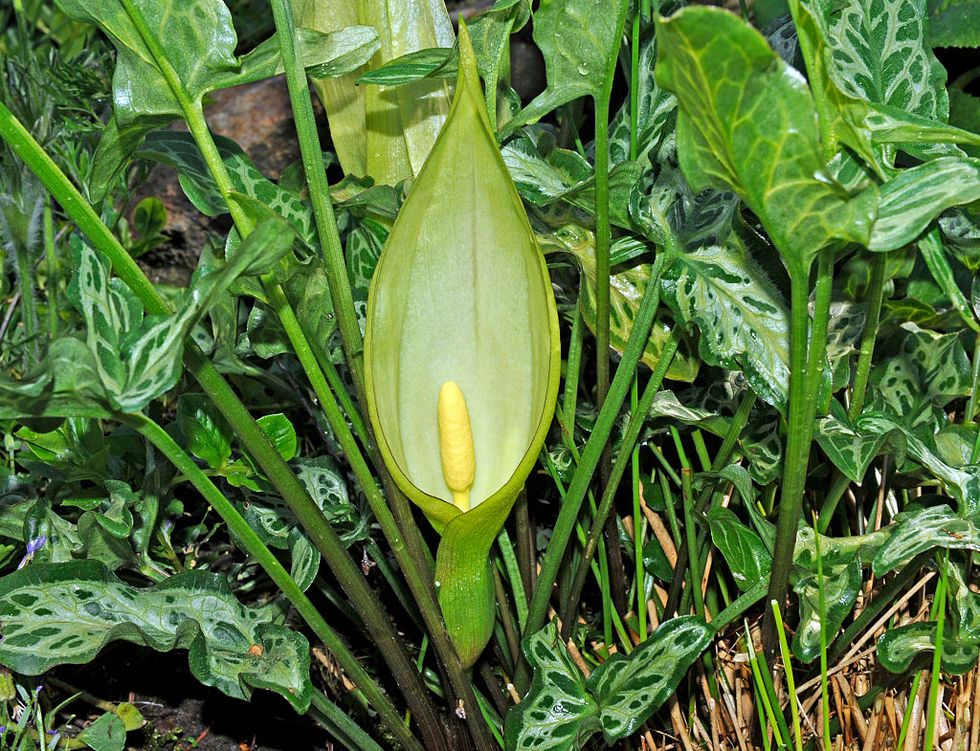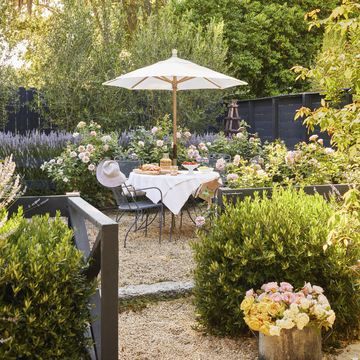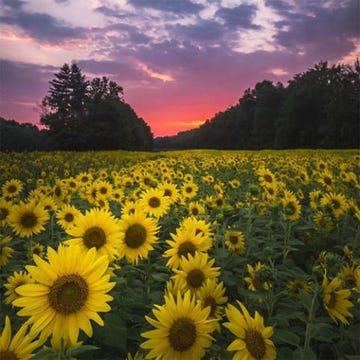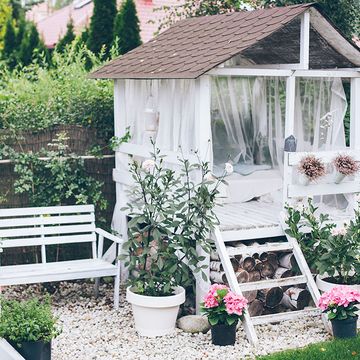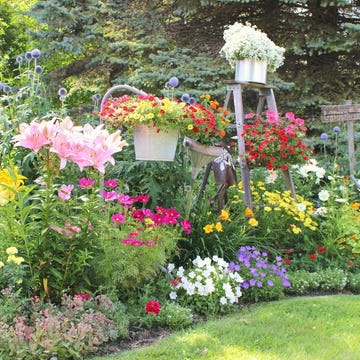This is one garden where you won't want to pick any flowers for a DIY floral arrangement—unless you have a death wish.
Welcome to the Poison Garden, the deadliest garden in the world. Located at Alnwick Castle in Northumberland, England, this lush, green gated patch is home to over 95 plants, all of which can kill you.
"We obviously have to maintain the garden, so we have to tend to the plants, and when we do that we have to be very careful of the way we operate, so we have to cover some of our skin when we deal with particularly dangerous plants," head gardener Trevor Jones tells Great Big Story.
What's the story behind the Poison Garden, which opened in 2005? After visiting a similar one in Padua, Italy built by the Medici family, the Duchess of Northumberland decided that she wanted to start her own, since it was more interesting than your standard herb garden.
Here are some of the plants you would find in the Poison Garden, if you dared to enter:
Giant Hogweed
This plant can grow up to 14 feet or more, and can cause severe skin irritation, painful blistering, permanent scarring and even blindness.
Acontium
Beautiful, right? But beware. These poisonous flowers were once used as poisonous arrows by the Aleuts of Alaska's Aleutian Islands for hunting whales. They also have a long history of killing enemies in battle by being used on spears and arrows.
Arum maculatum
These flowers have needle-shaped crystals which irritate the skin, mouth, tongue and throat. They have the ability to swell the throat, making it hard to breathe and causing burning pain and an upset stomach. This plant also acts as an insect trap, with its fecal odor (charming!) and warm temperatures.
Datura Flowers
These plants are known for causing delirious states and death.
So, if you're planning to visit Alnwick Castle (fun fact: it served as the setting for Hogwarts in the first two Harry Potter films) you can enter the Poison Garden if you dare—just be sure not to touch, taste, or even smell the plants (yes, visitors have fainted from inhaling toxic fumes before). "People think we're being overdramatic when we talk about [not smelling the plants], but I've seen the health and safety reports," the Duchess told Smithsonian.com.
Find out more information at alnwickgarden.com.
